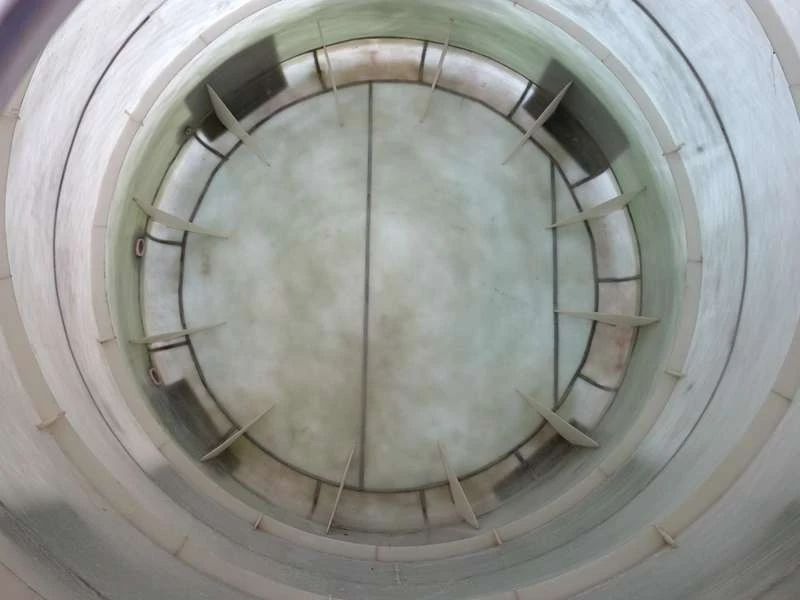
-
 Afrikaans
Afrikaans -
 Albanian
Albanian -
 Amharic
Amharic -
 Arabic
Arabic -
 Armenian
Armenian -
 Azerbaijani
Azerbaijani -
 Basque
Basque -
 Belarusian
Belarusian -
 Bengali
Bengali -
 Bosnian
Bosnian -
 Bulgarian
Bulgarian -
 Catalan
Catalan -
 Cebuano
Cebuano -
 China
China -
 China (Taiwan)
China (Taiwan) -
 Corsican
Corsican -
 Croatian
Croatian -
 Czech
Czech -
 Danish
Danish -
 Dutch
Dutch -
 English
English -
 Esperanto
Esperanto -
 Estonian
Estonian -
 Finnish
Finnish -
 French
French -
 Frisian
Frisian -
 Galician
Galician -
 Georgian
Georgian -
 German
German -
 Greek
Greek -
 Gujarati
Gujarati -
 Haitian Creole
Haitian Creole -
 hausa
hausa -
 hawaiian
hawaiian -
 Hebrew
Hebrew -
 Hindi
Hindi -
 Miao
Miao -
 Hungarian
Hungarian -
 Icelandic
Icelandic -
 igbo
igbo -
 Indonesian
Indonesian -
 irish
irish -
 Italian
Italian -
 Japanese
Japanese -
 Javanese
Javanese -
 Kannada
Kannada -
 kazakh
kazakh -
 Khmer
Khmer -
 Rwandese
Rwandese -
 Korean
Korean -
 Kurdish
Kurdish -
 Kyrgyz
Kyrgyz -
 Lao
Lao -
 Latin
Latin -
 Latvian
Latvian -
 Lithuanian
Lithuanian -
 Luxembourgish
Luxembourgish -
 Macedonian
Macedonian -
 Malgashi
Malgashi -
 Malay
Malay -
 Malayalam
Malayalam -
 Maltese
Maltese -
 Maori
Maori -
 Marathi
Marathi -
 Mongolian
Mongolian -
 Myanmar
Myanmar -
 Nepali
Nepali -
 Norwegian
Norwegian -
 Norwegian
Norwegian -
 Occitan
Occitan -
 Pashto
Pashto -
 Persian
Persian -
 Polish
Polish -
 Portuguese
Portuguese -
 Punjabi
Punjabi -
 Romanian
Romanian -
 Russian
Russian -
 Samoan
Samoan -
 Scottish Gaelic
Scottish Gaelic -
 Serbian
Serbian -
 Sesotho
Sesotho -
 Shona
Shona -
 Sindhi
Sindhi -
 Sinhala
Sinhala -
 Slovak
Slovak -
 Slovenian
Slovenian -
 Somali
Somali -
 Spanish
Spanish -
 Sundanese
Sundanese -
 Swahili
Swahili -
 Swedish
Swedish -
 Tagalog
Tagalog -
 Tajik
Tajik -
 Tamil
Tamil -
 Tatar
Tatar -
 Telugu
Telugu -
 Thai
Thai -
 Turkish
Turkish -
 Turkmen
Turkmen -
 Ukrainian
Ukrainian -
 Urdu
Urdu -
 Uighur
Uighur -
 Uzbek
Uzbek -
 Vietnamese
Vietnamese -
 Welsh
Welsh -
 Bantu
Bantu -
 Yiddish
Yiddish -
 Yoruba
Yoruba -
 Zulu
Zulu
Durable Fiberglass Insulation Solutions for Efficient Tank Temperature Management
The Advantages of Fiberglass Insulation Tanks
Fiberglass insulation tanks are increasingly becoming a popular choice for both residential and industrial applications due to their innovative design and superior performance. These tanks, which are constructed using fiberglass-reinforced plastic (FRP), offer numerous benefits, particularly when it comes to thermal insulation, durability, and cost-effectiveness. In this article, we will delve into the key advantages of fiberglass insulation tanks, exploring how they can be beneficial in various scenarios.
Exceptional Thermal Insulation
One of the primary features of fiberglass insulation tanks is their exceptional thermal insulation properties. The structure of fiberglass consists of fine glass fibers that create a barrier against heat transfer. This means that liquids contained within these tanks can maintain their temperature for longer periods, reducing energy consumption in heating or cooling systems. For industries that rely on temperature-sensitive materials, such as food processing and pharmaceuticals, the ability to keep substances at a consistent temperature can be critical for quality control and compliance with regulatory standards.
Corrosion Resistance
Fiberglass is inherently resistant to many corrosive materials, which gives fiberglass insulation tanks a significant advantage over metal alternatives. In environments where chemicals or high moisture levels are present, traditional materials like steel can rust or corrode over time. This not only shortens the lifespan of the tank but can also lead to contamination of the stored contents. In contrast, fiberglass tanks can withstand harsh conditions without deteriorating, making them ideal for chemical storage, sewage treatment, and other demanding applications.
Lightweight and Easy to Install
Another significant benefit of fiberglass insulation tanks is their lightweight nature. Compared to metal tanks, fiberglass tanks are much lighter, making them easier to transport and install. This characteristic can significantly reduce installation costs and time, especially in challenging terrains or remote locations. Furthermore, the ability to manufacture these tanks in various sizes allows for flexibility in design, meeting the specific needs of different projects without compromising strength or performance.
fiberglass insulation tank

Superior Structural Integrity
Fiberglass insulation tanks possess superior structural integrity due to the isotropic nature of the fiberglass material. This means that they can withstand both internal and external pressures without deforming or cracking. The combination of strength and flexibility makes fiberglass tanks particularly suitable for underground installations, where soil pressure can be a concern. Additionally, fiberglass does not require regular maintenance or painting, unlike metal tanks, which can suffer from rust and require ongoing upkeep to maintain their performance.
Environmental Considerations
As environmental concerns continue to rise, the use of fiberglass insulation tanks aligns well with sustainable practices. Fiberglass is a recyclable material, which means that at the end of a tank's life cycle, it can be repurposed rather than ending up in a landfill. Furthermore, the energy efficiency provided by these tanks contributes to reduced carbon emissions, as they minimize the energy required for temperature control in various applications.
Cost-Effectiveness
Though the initial investment in fiberglass insulation tanks may be higher than that of traditional materials, the long-term savings often outweigh this expense. The durability and low maintenance requirements of fiberglass tanks lead to decreased operational costs over time. Lower energy consumption due to effective insulation and the reduced frequency of tank replacement or repair further contribute to their cost-effectiveness. In industries where profit margins are thin, these factors can greatly influence business viability.
Conclusion
In summary, fiberglass insulation tanks present numerous advantages that make them an optimal choice for a variety of applications, from residential water storage to industrial chemical containment. Their excellent thermal insulation, corrosion resistance, lightweight nature, and structural integrity make them a reliable option, while their environmental benefits and cost-effectiveness further enhance their appeal. As industries continue to seek innovative solutions to improve efficiency and sustainability, fiberglass insulation tanks are likely to play an increasingly important role in the storage and management of various materials. The future of tank solutions is here, and fiberglass is at the forefront, championing a smarter, more sustainable approach.









